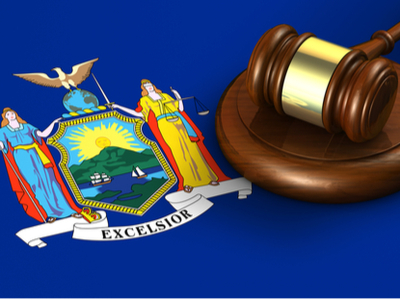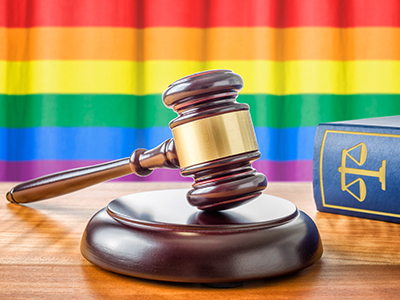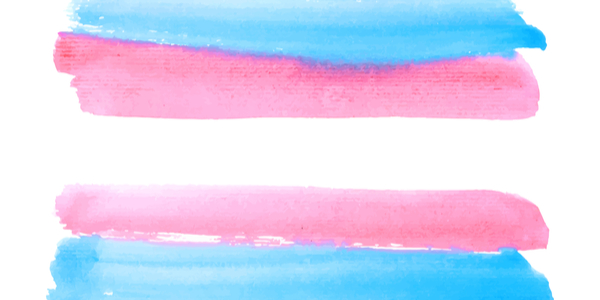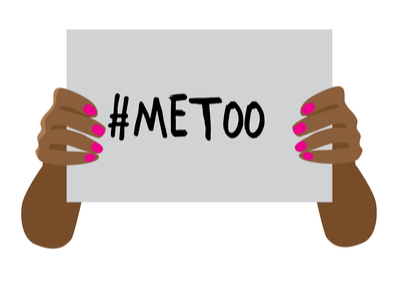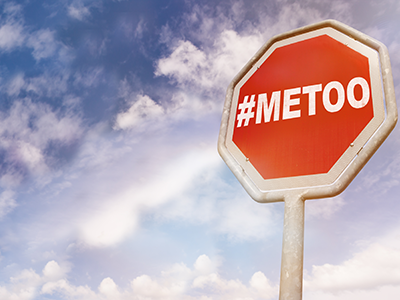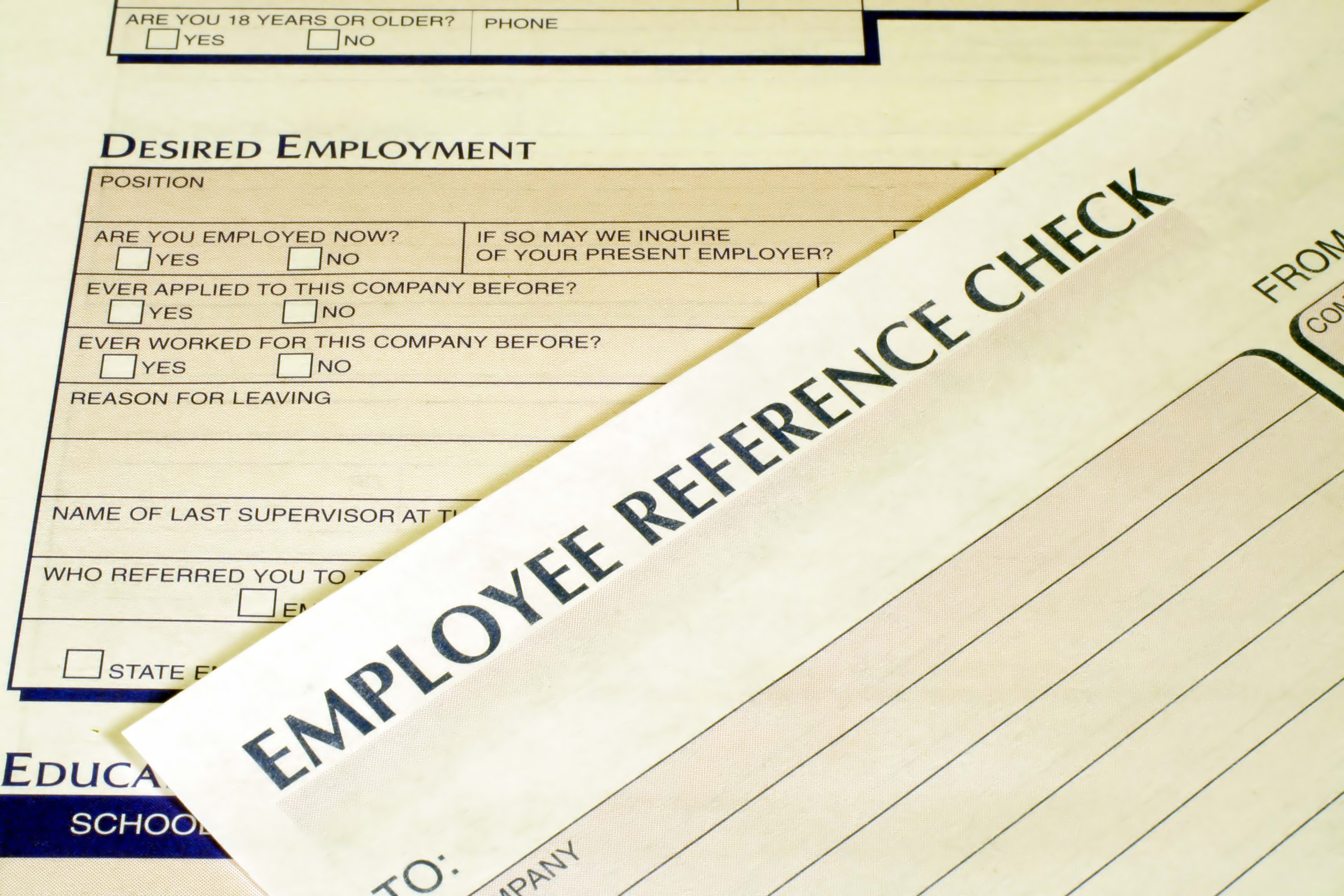California’s Department of Fair Employment and Housing (“DFEH”) has updated its Employer FAQ guidance addressing the new sexual harassment prevention training requirements that were initially set to go into effect on January 1, 2020. However, an amendment to the bill earlier this year moved the effective date to January 1, 2021. As we reported when the initial bill was passed last year, the law expands harassment training requirements from employers with fifty or more employees to those with five or more employees, and from requiring training for supervisory employees only to requiring training for non-supervisory employees as well. The training must be repeated once every two years. READ MORE
An Ounce of Prevention Is Worth a Pound of Cure: California DFEH Clarifies Sexual Harassment Prevention Training Requirements




